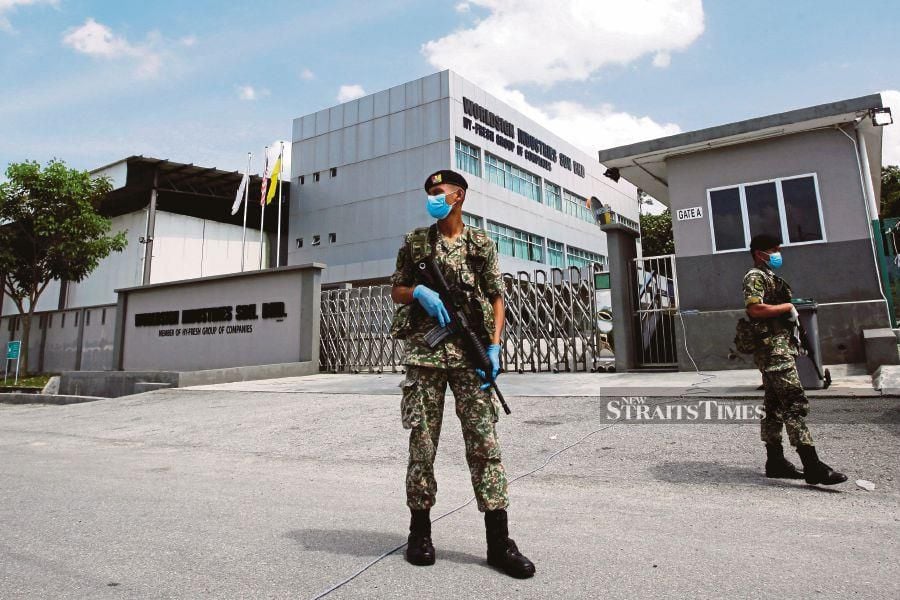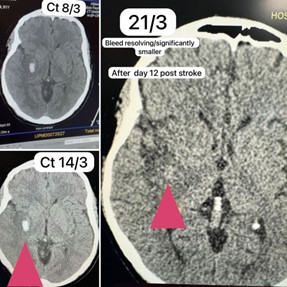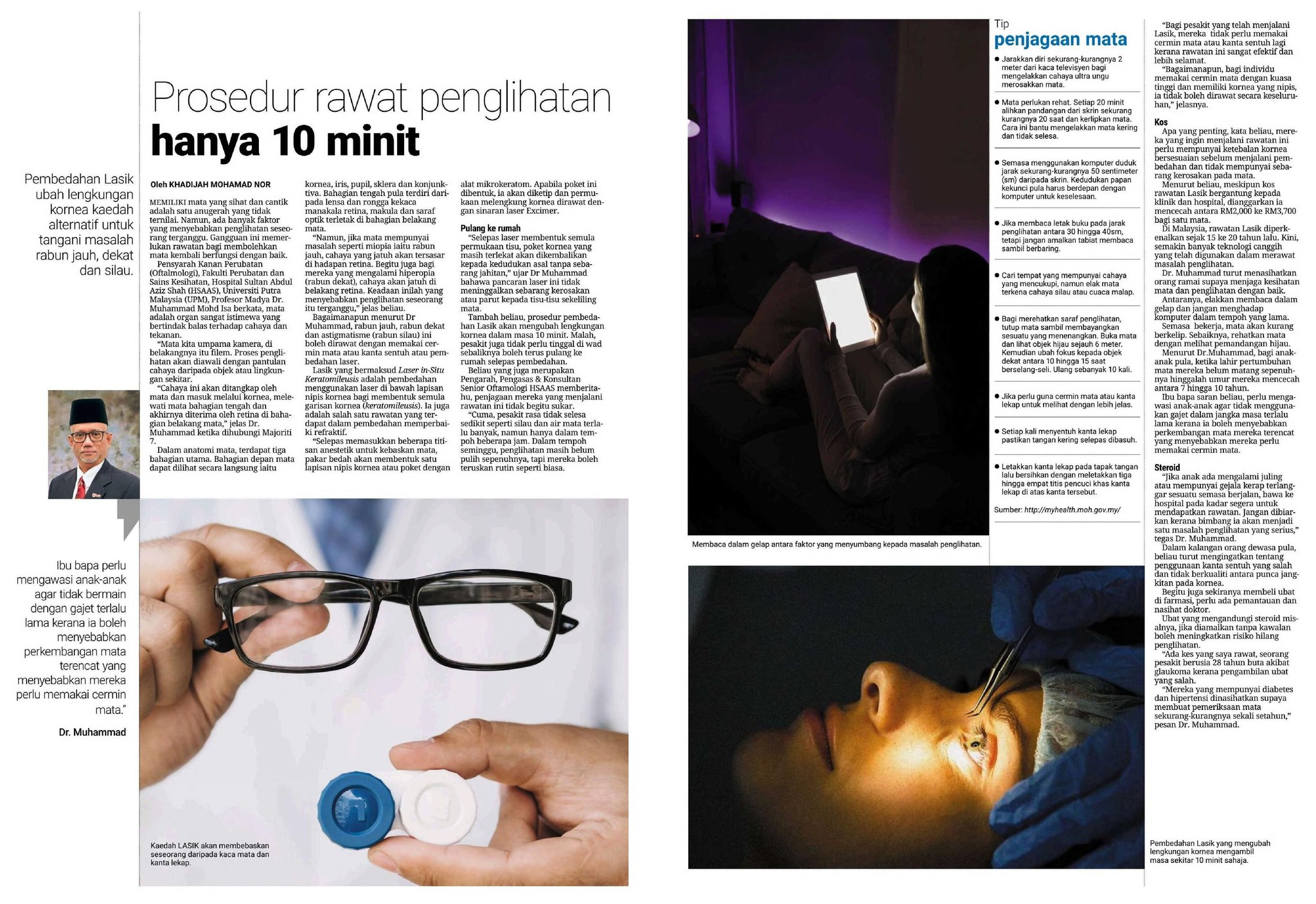KUALA LUMPUR: Malaysia's near-perfect streak of double-digit Covid-19 cases over the past three weeks may be encouraging, but experts say the Conditional Movement Control Order (CMCO) should be extended beyond May 12 until the first week of June.
Epidemiologist Datuk Dr Awang Bulgiba Awang Mahmud said Malaysia could not fully lift the order as it had yet to assess the impact of the CMCO, which came into effect on May 4.
"It doesn't make sense to open up so soon. It's barely been eight days since a large portion of the economy and businesses were allowed to resume. We have not had time to gauge the impact on the economy and people's health," he told the New Sunday Times.
He said it would take two weeks or longer to assess whether the CMCO had worked. As such, he called for it to be extended up to two weeks after Hari Raya Aidilfitri.
This, he said, would reduce the chances of new clusters from forming due to people's movements during Ramadan, Hari Raya Aidilfitri, as well as through interstate travel and the Dewan Rakyat's one-day sitting on May 18.
He said new clusters involving migrant workers were particularly worrying.
The number of undocumented workers in Malaysia, which amount to up to three million people, and their prevalence in almost all industries, including construction, food and beverage, manufacturing and the services sector, have been regarded as a potential catalyst to the formation of new clusters.
This has been complicated further by the fact that around 80 per cent of those with Covid-19 are asymptomatic or show little or no symptoms. It is also compounded by the fact that Covid-19 symptoms can take up to 14 days to appear.
The Universiti Malaya professor said a resurgence in cases during the CMCO might force Malaysia to reinstate the Movement Control Order (MCO).
"If the number of new cases exceeds the number of those discharged, we are going to be in trouble. When the ratio of new cases versus the discharged patients increases to 2:1 or 3:1, we will overwhelm our healthcare facilities in a short time. If other indicators start to show the same signs of trouble, then yes, we have to reinstate the MCO."
The indicators can be gleaned from rigorous testing by setting up sentinel clinics, which provide real-time data from screening and tests, as well as the computation of data to gauge infectivity rates.
Epidemiology and biostatistics expert Dr Malina Osman urged the government to consider lifting the CMCO after mid-June to
prevent a Hari Raya cluster.
She said the numbers looked good on the surface, but the number of cases had to dip to single digits and this had to be maintained for at least 14 days before it could be summed as a trend.
"The numbers are not convincing enough to even consider lifting the CMCO. Besides the single-digit trend, the number of active cases must drop to 200 and show clear signs of declining over a sustained period. There must also be no new clusters."
The associate professor from Universiti Putra Malaysia said the government needed to ensure that public compliance of the CMCO and social distancing rules reached exceedingly high levels before making such a move.
"And even if it does, facilities such as schools, daycare centres, cinemas, hair salons, barber shops and reflexology centres have to wait. Once they reopen, they have to also consider staggered or flexible hours."
Dr Malina, however, said the government should always consider reinstating the MCO if the indicators were troubling.
"Addressing the issue of saving lives versus livelihoods is crucial in the war against Covid-19. I can concede that the CMCO was enforced as a result of this. But the CMCO can only work if the community is continuously empowered to prevent the spread via self-discipline."
Epidemiologist Dr Sanjay Rampal said the CMCO should be extended beyond May 12 as it had provided the government with regulatory framework in case of an exponential increase in the number of new infections.
He, however, said the new normal under the CMCO should be flexible, reactive and relaxed when community transmission was low and tightened when it was higher.
"Life can continue albeit with changes to promote physical distancing and good hand hygiene."
The Universiti Malaya professor said based on current levels of transmission, it might take some time for the cases to get to the point where a second MCO was needed.
"That would take at least two months, depending on the threshold we use to flatten the curve and how well our healthcare facilities (public and private) are prepared. As we are learning more about the virus each day, it is difficult to predict when we may need the next MCO.
"We are working on predictive models but these models have a lot of assumptions to them. The models are only as good as how well those assumptions hold true."












.jpg)















